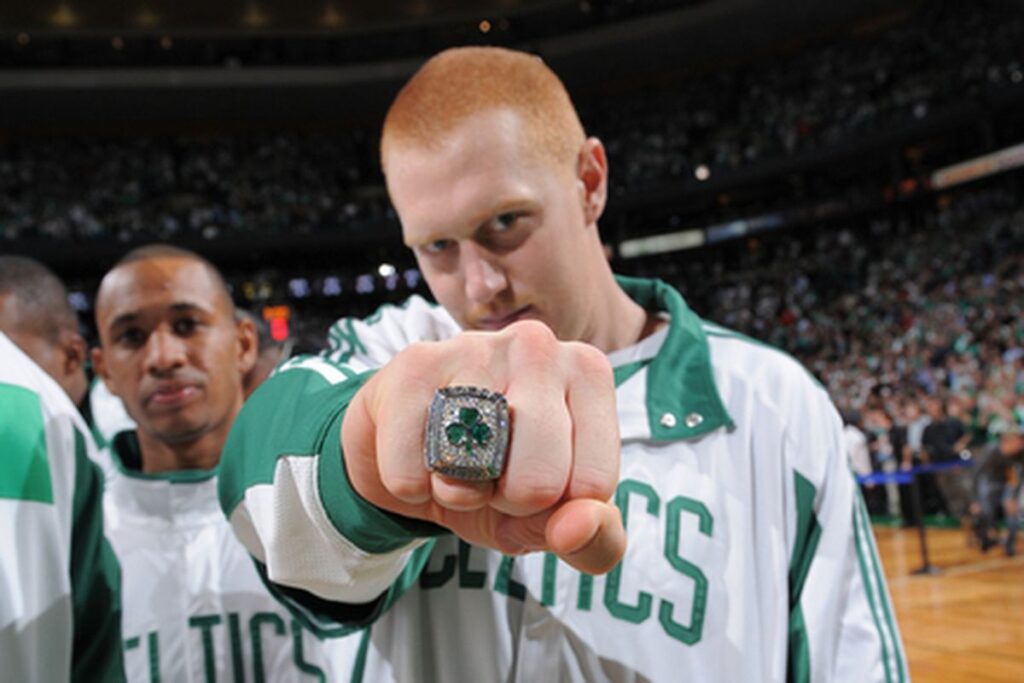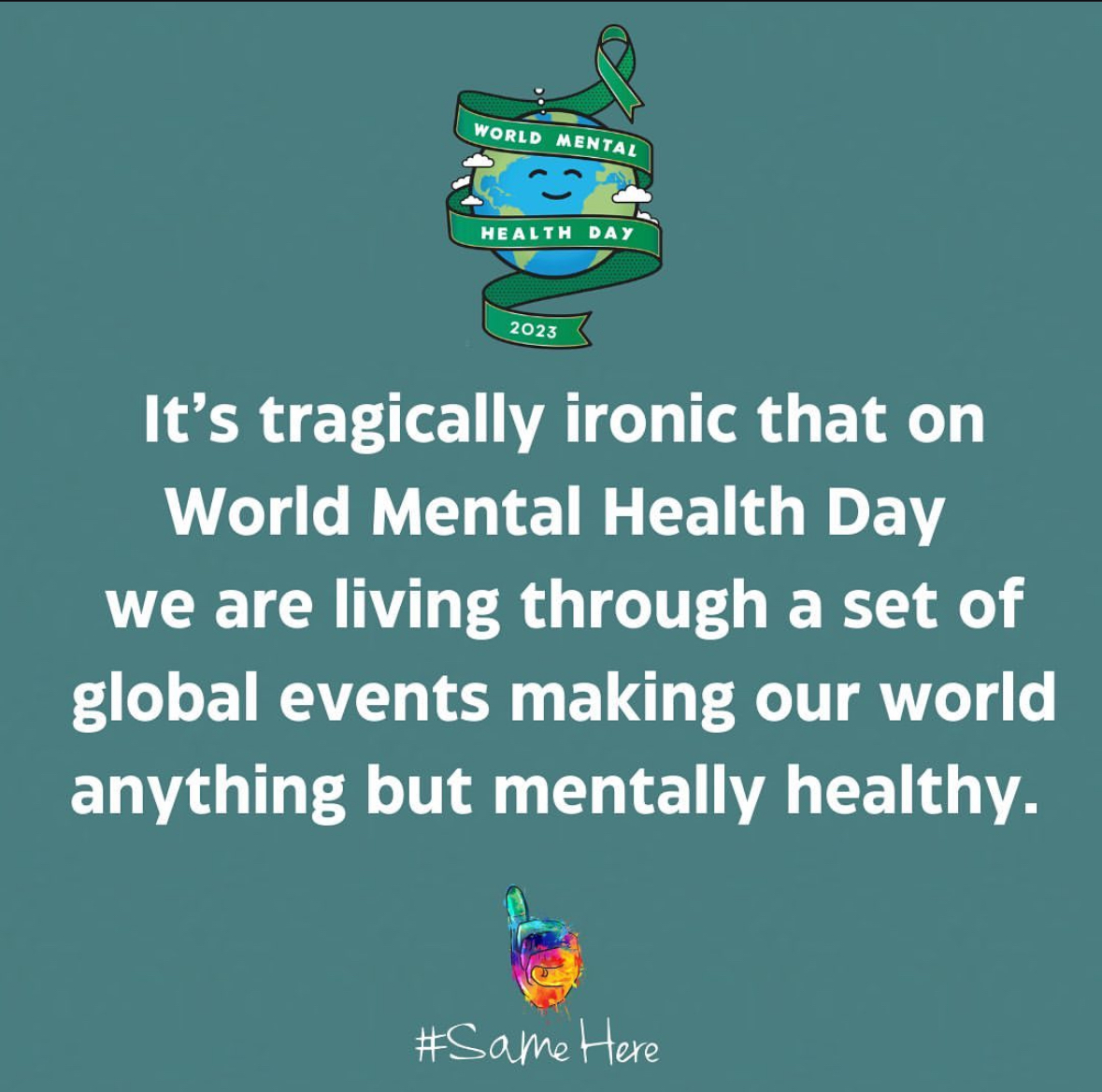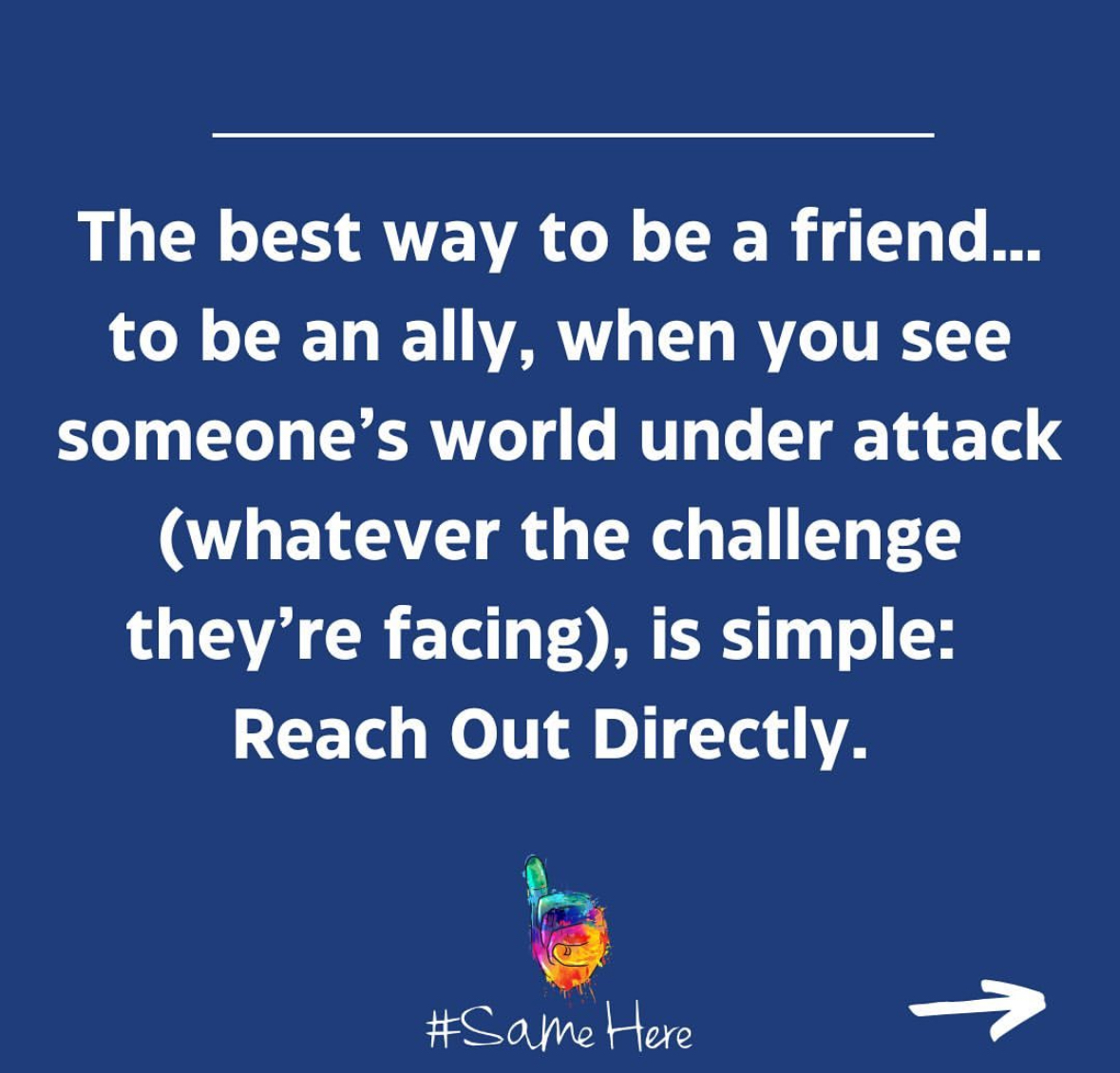As a kid, I didn’t really know about things as formal as the brain-body connection. I didn’t know that the way we move – the direction, pace, quickness – has a direct impact on how our brains develop and even how we can ignite certain areas of our brain to turn on and to function more efficiently. We always hear that we only use a certain percentage of our brains. Training more side-to-side turns on parts of our brain that wouldn’t otherwise be used nearly as much, or at all.
As I’ve gotten older and studied and learned from coaches and practitioners, I’ve realized that progress isn’t linear. Sports and the way games play out certainly aren’t linear. Life itself isn’t linear either. And what I mean by that is you don’t grow on a chart and improve in a diagonal straight line from bottom left to the top right. In reality you progress, generally, with a ton of ups and downs and side to sides (the events of our lives and even the motions), and because we have so many fluctuations in our growth and our movements we must incorporate different types of trainings to prepare us for that.
Most of us do linear work- we walk forward, go for a run, and some of us even sprint. These are all great things. Some people lift weights and I love that as well. But how many people work forwards backwards and side to side. Side-to-side is kinda how sports and life comes at us, and moving side-to-side helps us to be more balanced, both physically and mentally.
I’ve incorporated way more side-to-side movements in my workouts. You’re challenging your nervous system and activating different parts of your brain. I do things like tying bands to posts and holding the handles on the bands and exploding off of one leg, shooting my arm across my body in front of me. I repeat that on each side of my body working high to low and low to high. I’ll also hold a large exercise ball with both arms, standing on one leg at a time, as a partner or trainer hits the ball from different angles as I try to remain balanced. This triggers all different areas of my brain and my central nervous system to activate in ways they wouldn’t if I didn’t train this way. As a result (and I have a great chiropractor I started working with when I was with the Celtics and still work with) my brain works in more ways than it ever has – and not just on the court. I’m more open to the opinions of others, and more accepting of different points of views. I truly believe my brain has improved from the side-to-side work I’ve done, physically, and that’s made me not just a better athlete, but a better person.
When you think about it, side-to-side is literally the opposite of just going for a straight run, or lifting weights in a locked up-and-down position. These other movements are things we don’t all do, but are so important to our overall health and growth. There is even science that shows that engaging activity with opposing arms and legs (ie right arm left leg) or vice versa actually help with the release of more neurotransmitters that improve our moods. Another thing about this training, no pressure or expectations just growth, it’s supposed to be hard, your supposed to feel a little off at first. Stick with it, your brain, body, friends, co-workers, and most importantly your family will appreciate you for it.





